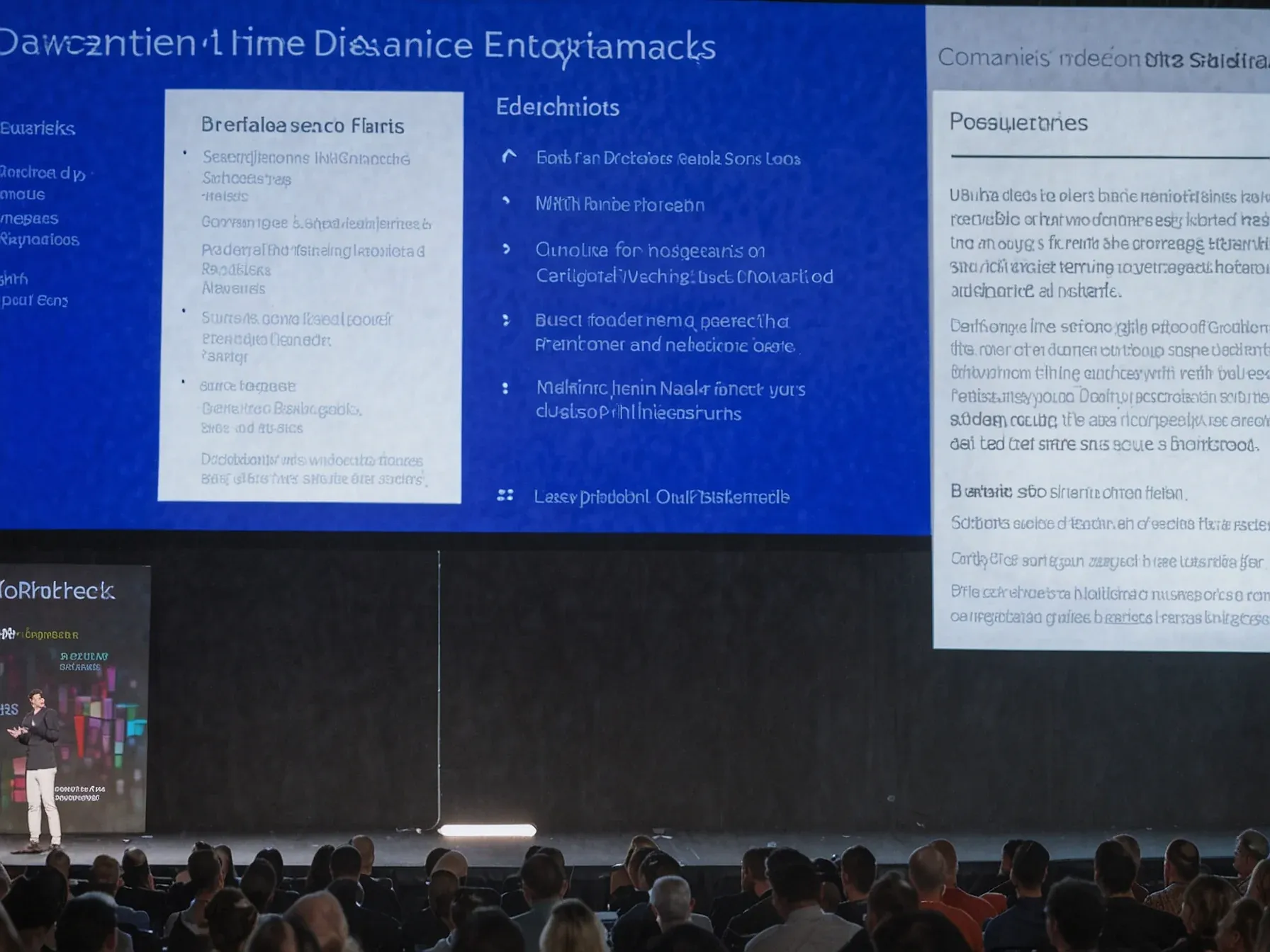
Editorial illustration for Tech Firms Pledge Anti-Cheating Support While Sidestepping AI-Agent Concerns
Tech Firms Dodge AI Cheating Prevention Accountability
Tech firms say they’ll back anti-cheating tools but ignore AI-agent misuse
The rising tide of AI-powered academic shortcuts has sparked a heated debate in education technology circles. Major tech firms find themselves walking a tightrope between supporting academic integrity and pushing the boundaries of major learning tools.
Recent discussions have centered on how artificial intelligence could potentially enable new forms of student cheating. While browser lockdowns and proctoring services aim to prevent traditional academic misconduct, the emergence of AI agents presents a more complex challenge.
Tech companies are now facing pressure to address these emerging risks. Their response suggests a nuanced approach: acknowledging the need for anti-cheating measures while simultaneously advocating for new educational technologies.
The stakes are high. Students, educators, and technologists are watching closely to see how these firms will balance preventing academic fraud with developing powerful new learning platforms. Some see potential for breakthrough educational experiences, while others worry about systemic vulnerabilities.
"So, while we will always support work to prevent cheating and protect academic integrity, like that of our partners in browser lockdown, proctoring, and cheating-detection, we will not shy away from building powerful, transformative tools that can unlock new ways of teaching and learning. The future of education is too important to be stalled by the fear of misuse." Instructure was more direct with The Verge: Though the company has some guardrails verifying certain third-party access, Instructure says it can't block external AI agents and their unauthorized use. Instructure "will never be able to completely disallow AI agents," and it cannot control "tools running locally on a student's device," spokesperson Brian Watkins said, clarifying that the issue of students cheating is, at least in part, technological.
IT professionals tried to find ways to detect and block agentic behaviors like submitting multiple assignments and quizzes very quickly, but AI agents can change their behavioral patterns, making them "extremely elusive to identify," Moh told The Verge. In September, two months after Instructure inked a deal with OpenAI, and one month after Moh's request, Instructure sided against a different AI tool that educators said helped students cheat, as The Washington Post reported. Google's "homework help" button in Chrome made it easier to run an image search of any part of whatever is on the browser -- such as a quiz question on Canvas, as one math teacher showed -- through Google Lens.
Educators raised the alarm on Instructure's community forum. Google listened, according to a response on the forum from Instructure's community team, and an example of the two companies' "long-standing partnership" that includes "regular discussions" about education technology, Watkins told The Verge.
The tech industry's stance on AI in education reveals a complex balancing act. Companies claim commitment to academic integrity while simultaneously pushing forward with powerful new tools that could fundamentally change learning.
Their rhetoric suggests an unwavering belief in technological progress, even when potential misuse looms large. By partnering with anti-cheating platforms like browser lockdown and proctoring services, these firms attempt to demonstrate responsible development.
Yet the underlying message remains clear: idea won't be halted by fear. Instructure and similar companies are positioning themselves as change agents, prioritizing major potential over immediate concerns about AI agent misuse.
The tension is palpable. Tech firms want to appear responsible while maintaining aggressive development trajectories. They're crafting a narrative that frames technological advancement as inevitable, with academic integrity as a secondary consideration.
What remains uncertain is how effectively these guardrails will actually prevent potential academic misconduct. For now, the industry seems more focused on building "powerful" tools than fullly addressing their broader implications.
Further Reading
- Teachers say Google AI tool makes cheating easier - LAist (CalMatters)
- Journalistic Malpractice: No LLM Ever 'Admits' To Anything, ... - Techdirt
- Top 15 Test Integrity Tools in 2026 - WeCreateProblems
Common Questions Answered
How are tech firms addressing potential AI-powered academic cheating?
Tech companies are implementing partnerships with browser lockdown and proctoring services to help prevent academic misconduct. While supporting anti-cheating measures, these firms remain committed to developing powerful educational AI tools that can transform learning experiences.
What is the core tension in tech companies' approach to AI in education?
Tech firms are attempting to balance academic integrity with technological innovation, creating tools that could potentially enable new forms of cheating while simultaneously developing guardrails to prevent misconduct. Their approach reflects a complex strategy of supporting anti-cheating efforts while pushing forward with transformative learning technologies.
What does Instructure's stance reveal about AI development in educational technology?
Instructure has indicated a nuanced approach by implementing some third-party access verification while maintaining an openness to powerful AI tools. Their position suggests a belief that the potential of educational technology should not be constrained by fears of potential misuse.




